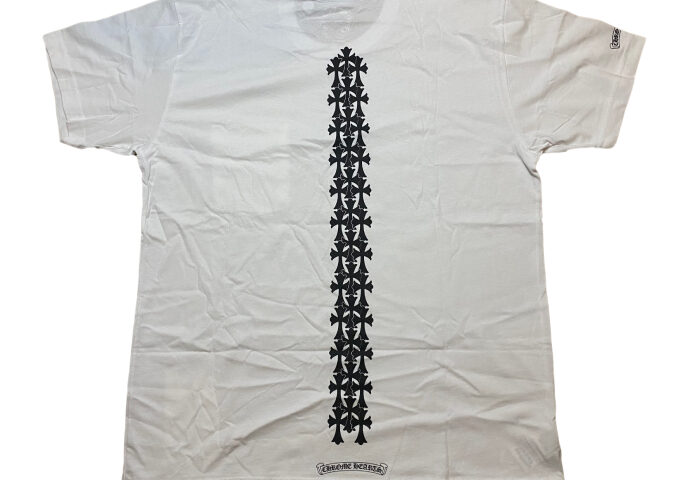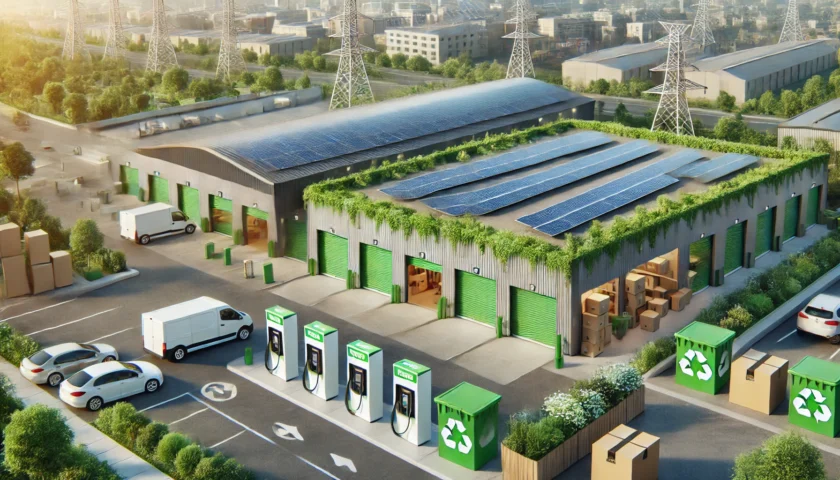Gardening is a rewarding and therapeutic activity that allows you to connect with nature while cultivating beautiful plants, vegetables, or flowers. One of the most critical factors in successful gardening is having the right soil mix. Garden soil mix, often referred to as potting mix or planting mix, serves as the foundation for your plants’ growth. In this comprehensive guide, we’ll delve into How to make garden soil mix, why it’s important, and how to create the perfect blend to ensure your garden thrives.
What Is Garden Soil Mix?
Garden soil mix is a tailored combination of various organic and inorganic materials designed to provide an ideal environment for plant growth. Unlike natural garden soil, which can vary significantly in composition and quality, a garden soil mix allows gardeners to have more control over the growing conditions of their plants. It typically consists of a blend of the following components:
- Organic Matter: Organic matter, such as compost, peat moss, and well-rotted manure, improves soil structure, retains moisture, and provides essential nutrients for plant growth.
- Inorganic Matter: Inorganic components like perlite, vermiculite, and coarse sand help improve drainage, prevent soil compaction, and create air pockets within the soil mix.
- Nutrients: Fertilizers or organic amendments are often added to supply essential nutrients like nitrogen, phosphorus, and potassium required for plant growth.
- pH Adjusters: Lime or sulfur may be added to adjust the soil’s pH level to suit the specific needs of the plants you intend to grow.
- Microbial Life: Beneficial microorganisms, like mycorrhizal fungi, can be included to enhance nutrient uptake and overall soil health.
- Water-Retaining Polymers (Optional): These polymers absorb and release water slowly, helping to maintain consistent moisture levels in the soil.
Now that we have a basic understanding of what garden soil mix is let’s explore its importance and how to create the perfect blend for your garden.
Why Is Garden Soil Mix Important?
- Optimal Plant Growth: Garden soil mix provides the perfect balance of nutrients, aeration, and moisture retention necessary for plants to grow vigorously and produce healthy foliage, flowers, or fruit.
- Improved Drainage: Properly mixed garden soil ensures that excess water can drain away, preventing waterlogged roots and root rot.
- Disease Prevention: High-quality garden soil mix can reduce the risk of soil-borne diseases by incorporating organic matter that helps suppress harmful pathogens.
- Weed Control: A well-prepared soil mix can help deter weed growth by creating a dense environment that makes it more challenging for weeds to establish themselves.
- Customization: Gardeners can tailor the soil mix to suit the specific needs of different plants, whether they prefer acidic or alkaline conditions, dry or moist environments, or different nutrient levels.
Now that we understand the importance of garden soil mix, let’s move on to creating the perfect blend for your gardening needs.
How to Create the Perfect Garden Soil Mix
Creating the ideal garden soil mix involves understanding the requirements of the plants you intend to grow and adjusting the soil components accordingly. Here are the steps to create a versatile garden soil mix suitable for a wide range of plants:
- Determine Plant Needs: Identify the types of plants you plan to grow and research their specific soil requirements. Some plants thrive in well-draining soil, while others prefer moisture-retentive mixes.
- Gather Ingredients:
- Organic Matter: Obtain high-quality compost, peat moss, and well-rotted manure. Composting kitchen scraps and yard waste can provide a sustainable source of organic matter.
- Inorganic Matter: Purchase perlite, vermiculite, and coarse sand from a gardening supply store.
- Nutrients: Choose a balanced fertilizer or organic amendments based on the nutritional needs of your plants.
- pH Adjusters: Lime or sulfur can be purchased to adjust the soil’s pH as required.
- Microbial Life: You can find mycorrhizal fungi inoculants at gardening supply stores.
- Measure and Mix:
- Start with a basic recipe: A common starting point is a mix of one part compost, one part peat moss or coconut coir, and one part perlite or coarse sand.
- Add nutrients: Incorporate the chosen fertilizer or organic amendments as directed on the packaging.
- Adjust pH: If needed, add lime to raise the pH or sulfur to lower it. Follow the recommended application rates.myhummusgarden
- Test Moisture Retention: Squeeze a handful of the soil mix; it should hold together without being too wet. Adjust the mix by adding more organic matter or perlite to achieve the desired moisture retention.
- Inoculate with Microorganisms: If using mycorrhizal fungi or other microbial inoculants, mix them into the soil according to the package instructions.
- Store and Age: Allow the soil mix to sit for a few weeks before using it. This aging process allows the components to meld and stabilizes the pH.
- Use as Needed: Once your garden soil mix is ready, use it to fill pots, raised beds, or garden beds for your plants. Make sure to follow specific planting instructions for each type of plant.
Frequently Asked Questions (FAQs)
- Can I use regular garden soil instead of a soil mix? While you can use native garden soil, it’s often not recommended for potted plants or raised beds. Garden soil can vary widely in composition and may not provide the optimal conditions for plant growth. A garden soil mix allows for better control over soil quality.
- What’s the difference between peat moss and coconut coir in a soil mix? Peat moss and coconut coir are both organic materials used for moisture retention. Coconut coir is a more sustainable option and is often preferred by environmentally conscious gardeners. However, both can work well in a soil mix.
- Do I need to sterilize my garden soil mix before using it? Sterilization is not necessary for garden soil mix unless you suspect it contains harmful pathogens or pests. Most commercial soil components are already sterilized. However, if you’re using your compost, ensure it’s properly composted to kill weed seeds and pathogens.
- Can I reuse my garden soil mix? Yes, you can reuse garden soil mix, but it’s essential to refresh it periodically. Remove old plant debris, add fresh compost, and replenish nutrients as needed before reusing the mix.
- Is it necessary to test the pH of my garden soil mix? Testing the pH is beneficial, especially if you’re growing specific plants with particular pH requirements. Adjusting the pH can make a significant difference in plant health and nutrient uptake.
In conclusion, creating the perfect garden soil mix is a crucial step in ensuring the success of your gardening endeavors. By understanding the needs of your plants and tailoring your soil mix accordingly, you can provide them with the ideal environment for growth. Whether you’re growing vegetables, flowers, or herbs, a well-prepared garden soil mix is the foundation for a thriving garden.





